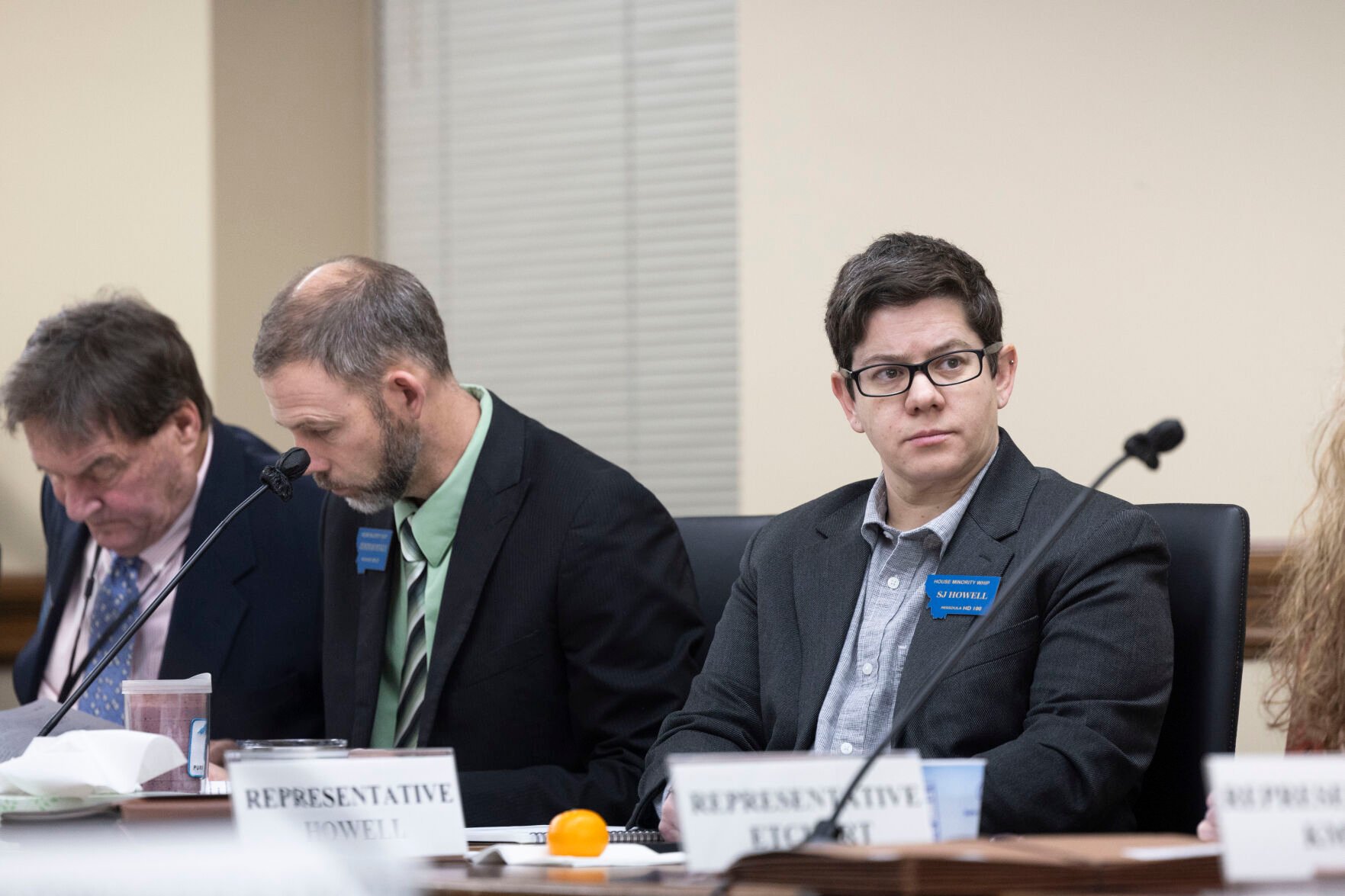The Montana House Human Services Committee has advanced three significant bills aimed at enhancing family support services and reforming the child welfare system. The legislation focuses on certifying family peer support, protecting pregnant women with substance use disorders, and streamlining child welfare investigations.
House health committee moves first bills, focuses on less contentious proposals

Key Takeaways:
- Montana House Committee advances three bills on family support and child welfare reform.
- Family peer support certification seeks to standardize and professionalize care.
- Protections for pregnant and postpartum women with substance use disorders are expanded.
- Child welfare code to be streamlined for consistency and efficiency across Montana.
- Bills stem from interim work and reflect collaborative efforts to enhance behavioral health services.
Montana House Committee Advances Key Family Support Bills
The Montana House Human Services Committee has sent three pivotal bills to the House floor, each designed to strengthen family support services and reform the state’s child welfare system. These legislative moves come as part of ongoing efforts to enhance behavioral health support and ensure the well-being of families across Montana.
Formalizing Family Peer Support Certification
One of the foremost bills seeks to formalize family peer support as a certifiable practice under the oversight of the state’s Board of Behavioral Health. Passing the committee with the backing of 18 out of 21 members, this legislation aims to standardize care provided by individuals with personal experience caring for children with significant physical, developmental, or behavioral health needs.
Kayla Myers, a mother who navigated the complexities of care for her non-verbal autistic son, emphasized the impact of family peer support. “The power of peer support is resilience, common goals, and hope,” Myers shared during the committee hearing. Her experience underscores the value of having certified peers to guide families through challenging circumstances.
As of 2020, 28 other states have established certified peer support programs. Rep. SJ Howell, D-Missoula, the bill’s sponsor and vice chair of the House committee, noted that certification is a crucial piece of the behavioral health puzzle. While the bill doesn’t mandate reimbursement from private insurers or add family peer support as a Medicaid service, it lays the groundwork for potential future funding avenues.
Expanding Protections for Pregnant Women with Substance Use Disorders
Another significant bill focuses on protecting pregnant women who test positive for drugs while seeking prenatal care or treatment for substance use disorders. The legislation aims to prevent automatic child removal proceedings solely based on a positive test, encouraging expectant mothers to seek essential prenatal care without fear of losing their children.
An amendment to the bill extends these protections to women up to one year postpartum. Jennifer Hensley, speaking on behalf of the Montana Academy of Physician Assistants, highlighted the importance of trust between patients and providers. “We would like our patients to trust and remain honest with us so they can get the appropriate care,” Hensley said.
By safeguarding these women, the bill seeks to improve birth outcomes and support mothers during a particularly vulnerable period. Jean Branscum of the Montana Medical Association emphasized that the postpartum extension aligns with changes made to Medicaid eligibility, reflecting a comprehensive approach to maternal health.
Streamlining the Child Welfare Code
The committee also advanced HB 77, a bill designed to streamline the child welfare code by eliminating duplicative investigative options and establishing a single type of investigative authority. This measure requires that a hearing to adjudicate matters be held within 90 days, expediting the process and aiming for more consistent experiences across the state.
“We are making sure that we add clarity and consistency to our laws,” Rep. Howell stated, emphasizing that the bill does not alter how investigations are conducted or how children are protected. Instead, it focuses on refining legal structures to better serve families involved in child welfare cases.
Importantly, HB 77 does not affect the application of the Indian Child Welfare Act, which is designed to prevent the separation of Native children from their communities.
Looking Ahead
All three bills originated from work conducted during the interim period between legislative sessions, reflecting collaborative and thoughtful consideration of Montana’s behavioral health and child welfare challenges. As these bills move to the House floor, they represent significant steps toward bolstering support for families and enhancing the effectiveness of child welfare practices throughout the state.











